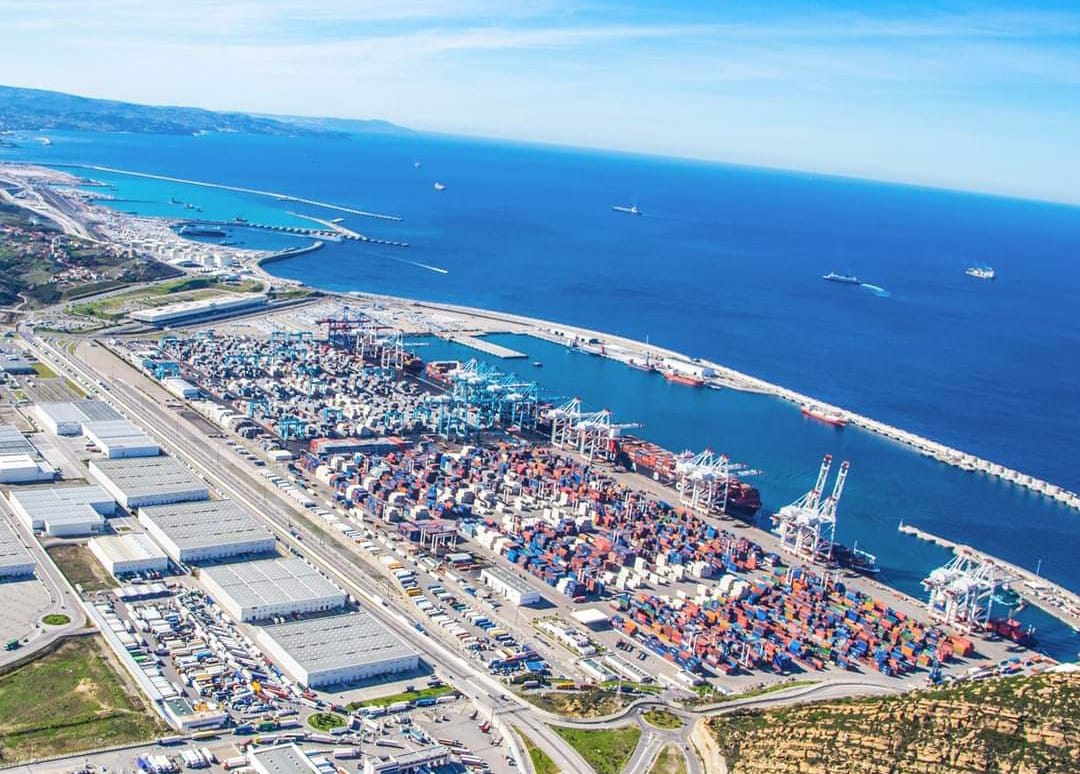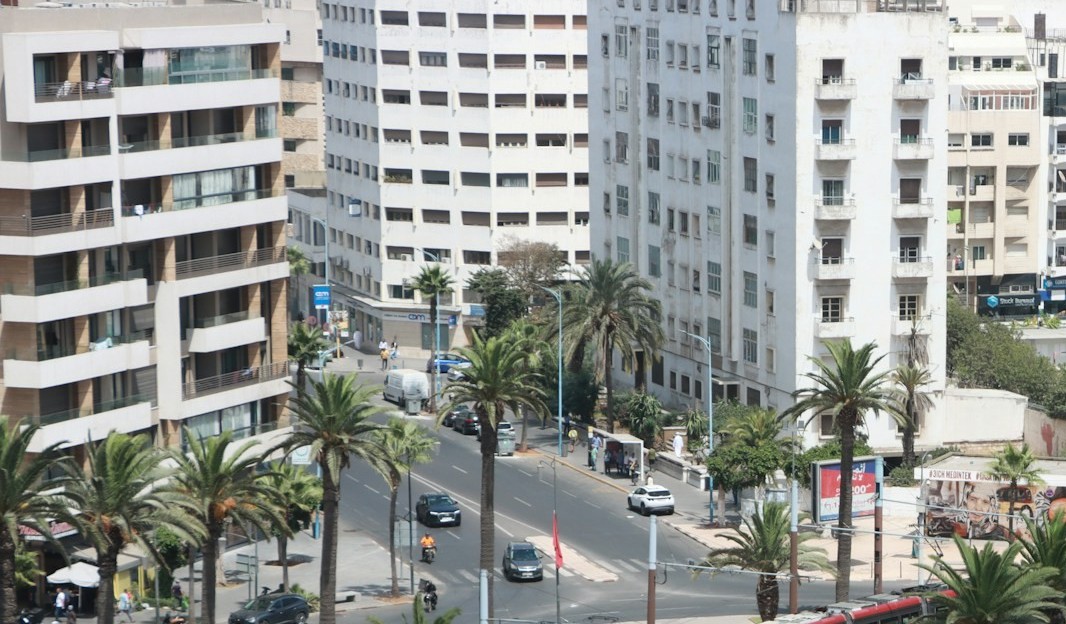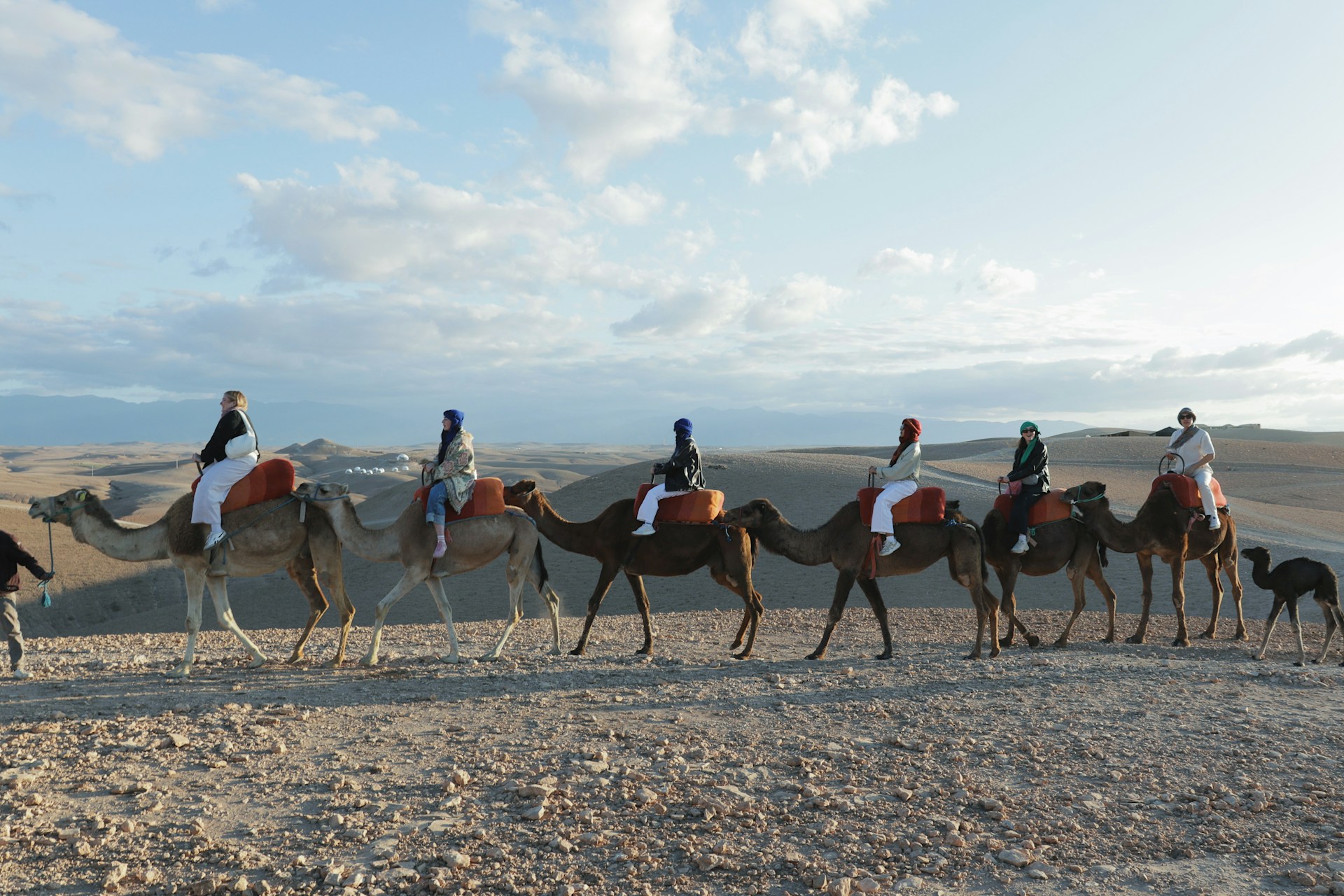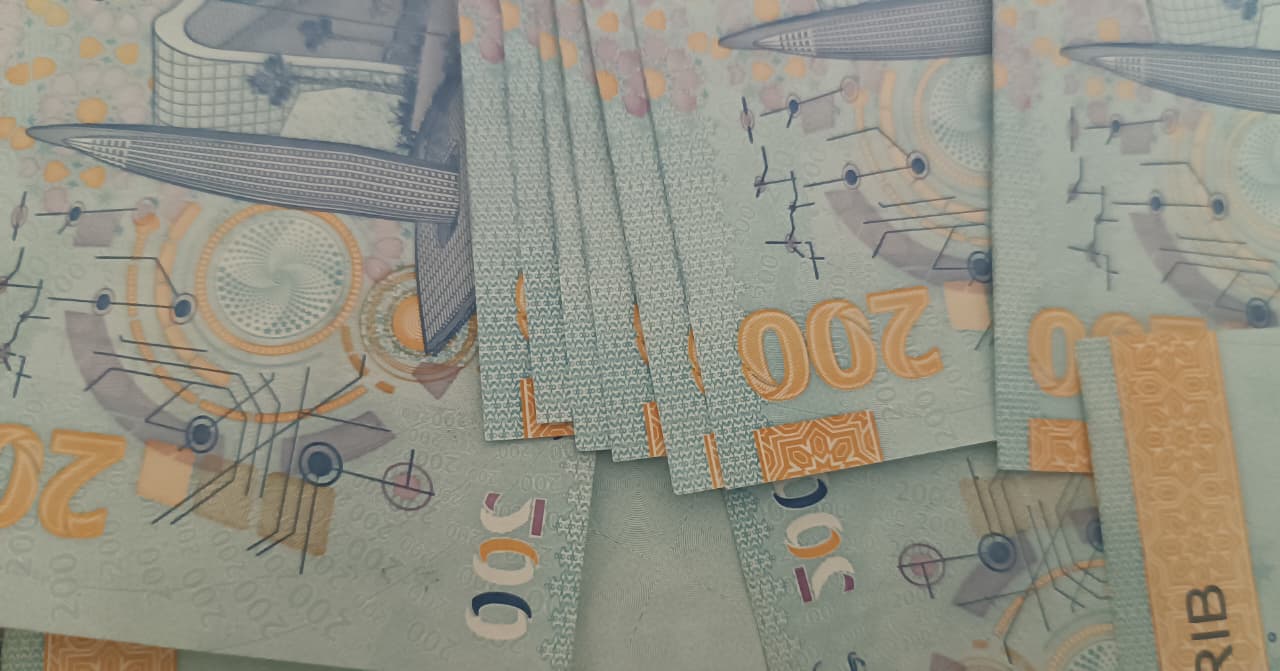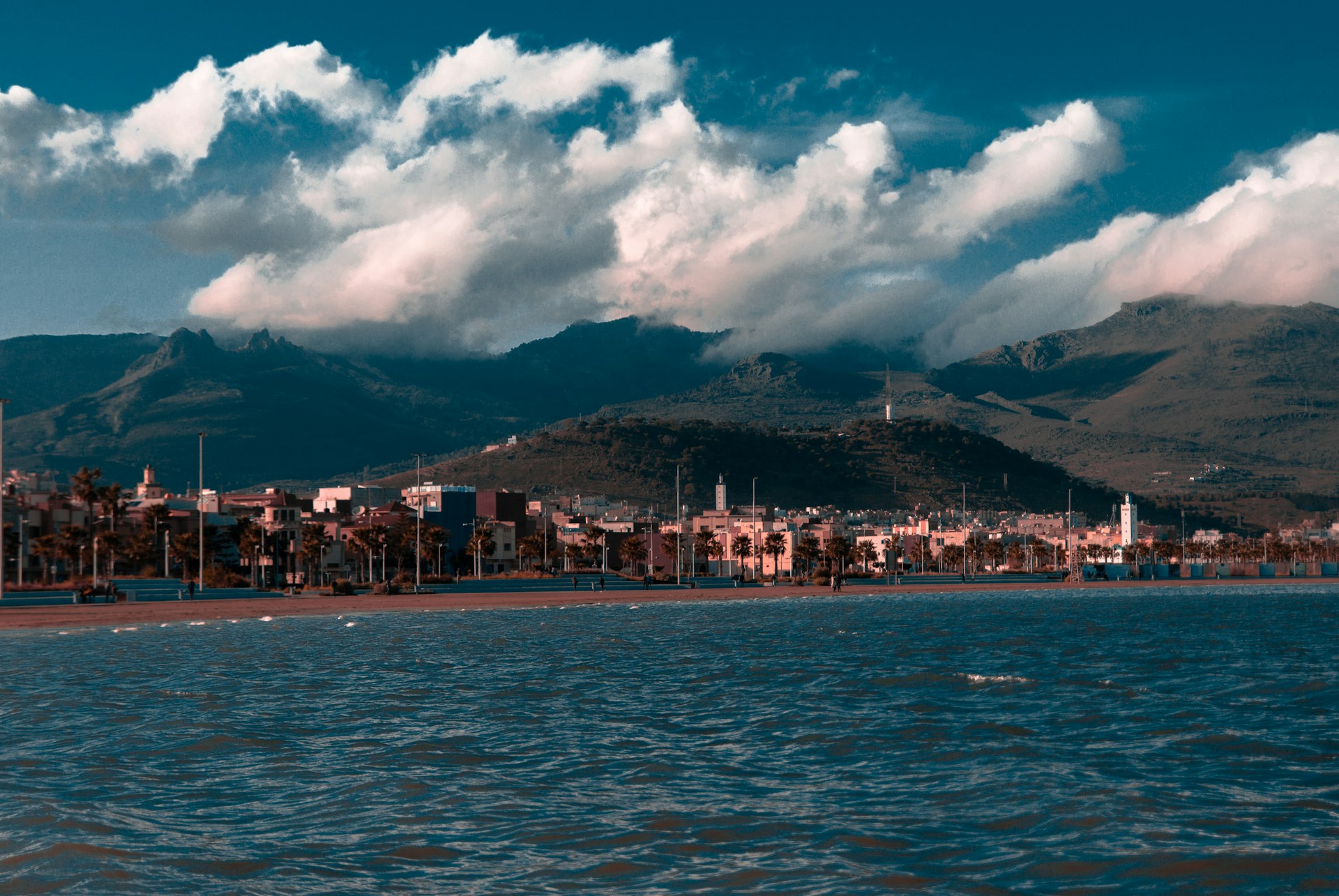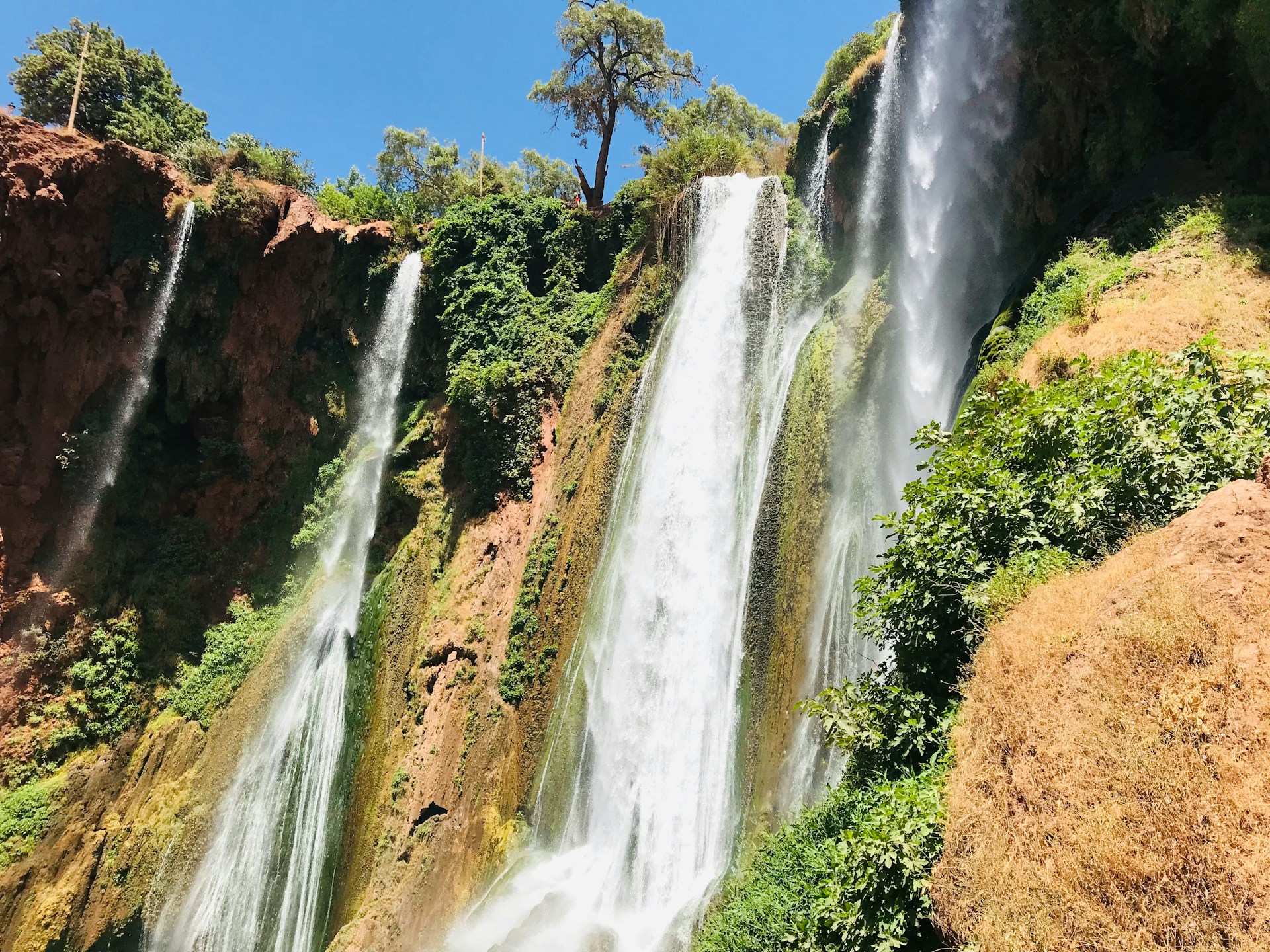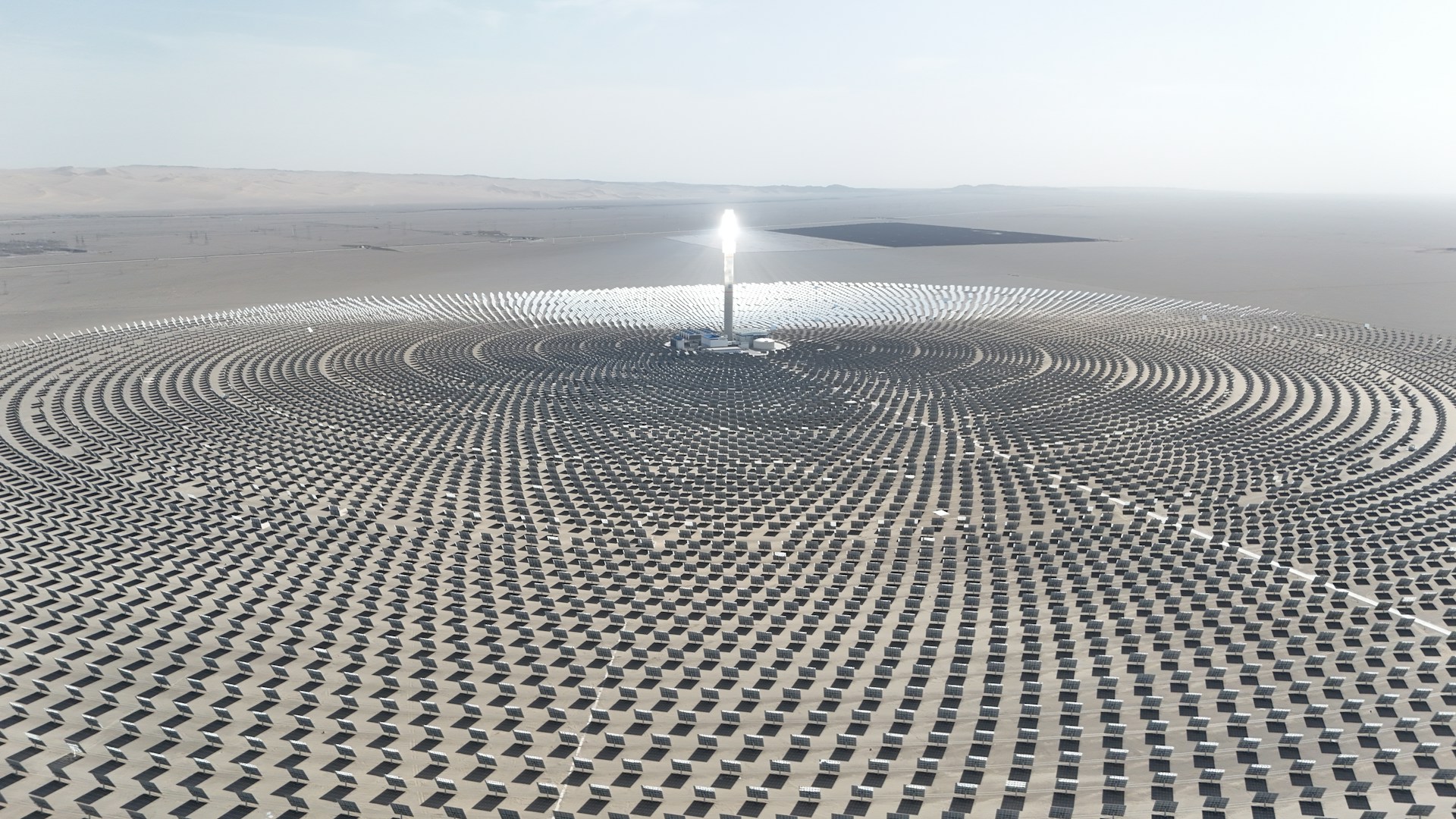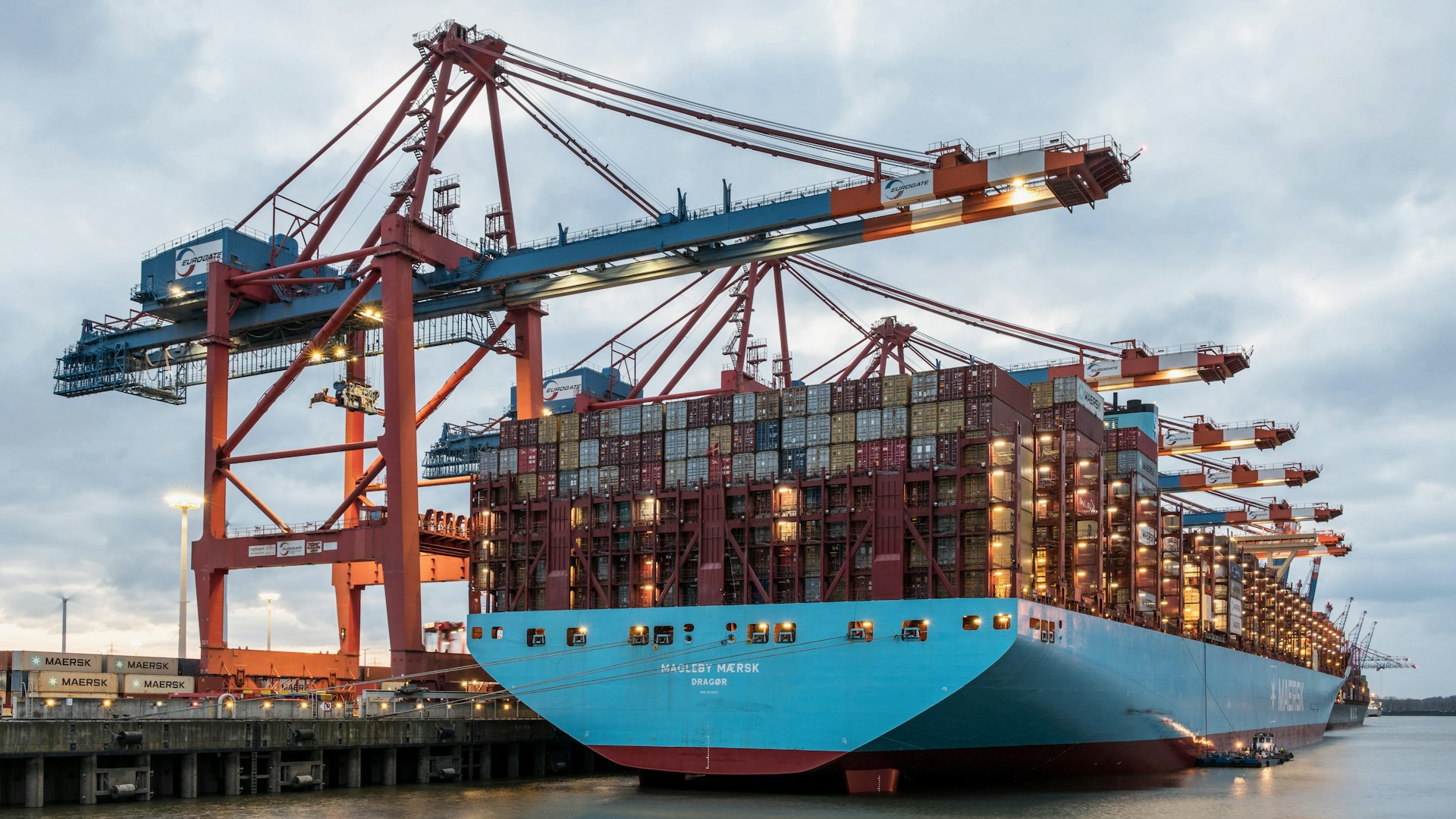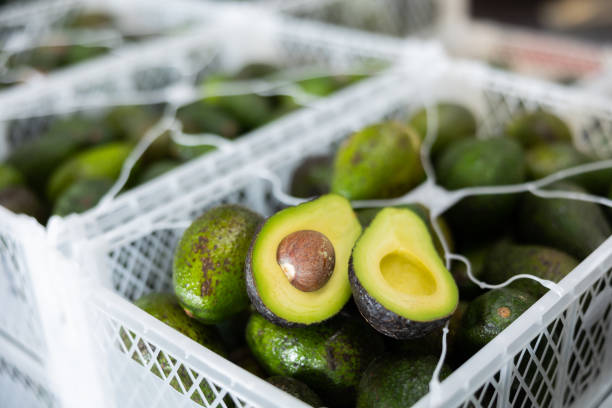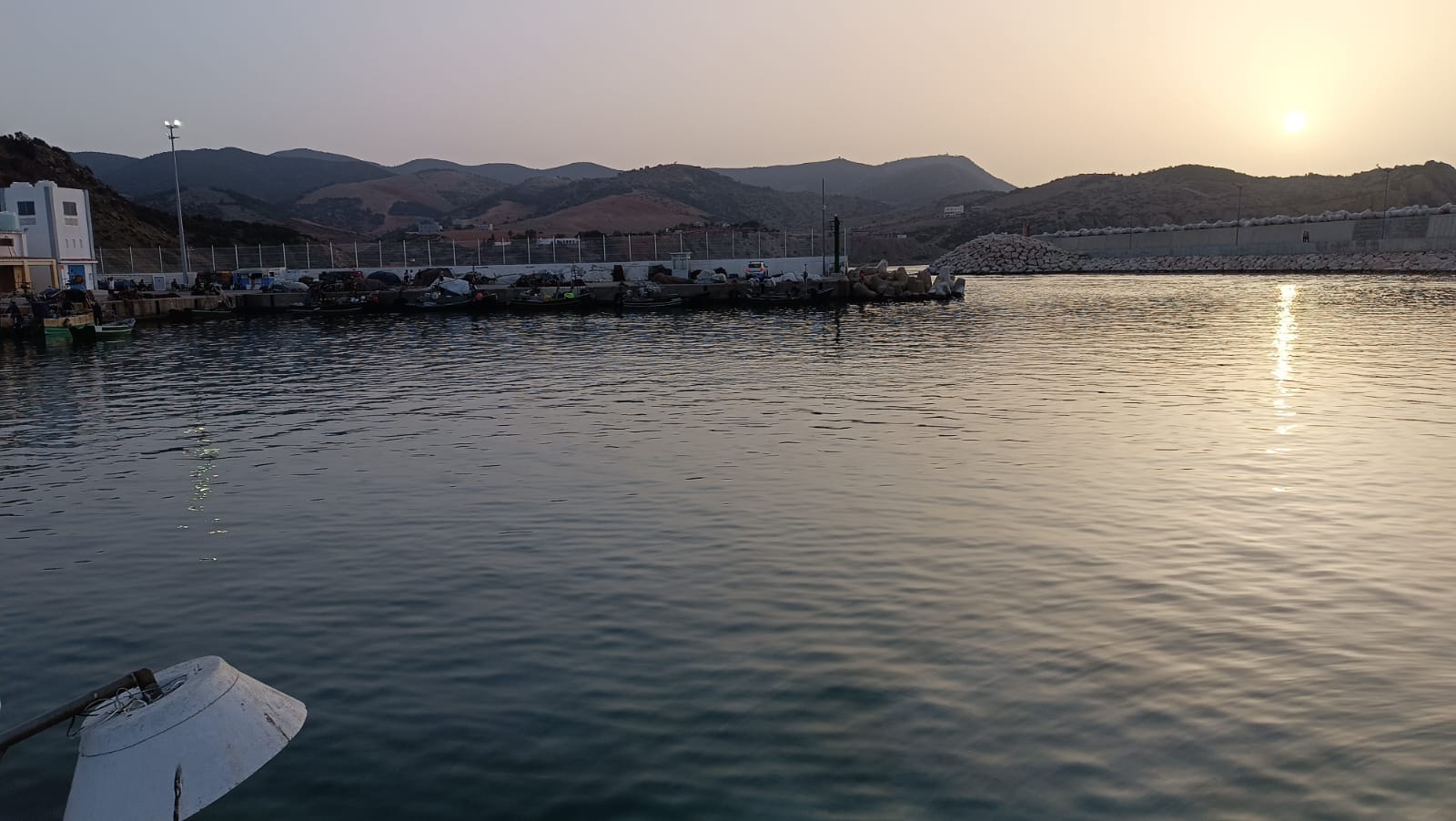Casablanca– In recent years, the Moroccan livestock sector has encountered significant hurdles as a result of prolonged drought and water scarcity, presenting formidable challenges for stakeholders across the country. The adverse effects of these environmental conditions have been exacerbated by dwindling pastures and soaring prices of local feed, prompting urgent calls for government intervention to mitigate the impact on the agricultural sector.
Stakeholders in the Moroccan livestock sector have been grappling with the rapid depletion of feed stocks due to the prolonged drought, forcing them to turn to expensive “hard feeds” to sustain their animals. The skyrocketing prices of feed have further strained budgets, exacerbating financial pressures and jeopardizing the viability of operations. Additionally, the emergence of alternative crops in the western region has led to the shrinkage of grazing lands, compounding the challenges faced by stakeholders.
The dire conditions brought about by over five years of drought have been particularly pronounced for cattle breeders across various regions of Morocco. With a significant reduction in available pastures and a sharp increase in feed prices, stakeholders have found themselves confronting unprecedented hardships. Despite the persistent drought and escalating costs, livestock prices have remained relatively stable, reflecting the intricate dynamics of supply and demand within the market.
Furthermore, certain regions in Morocco have witnessed a decline in allocated grazing areas, as the cultivation of new crops such as avocados has encroached upon traditional grazing lands. This trend has further strained the already limited resources available to stakeholders, underscoring the urgent need for government intervention to address the challenges facing the sector.
Against this backdrop, the European Joint Research Center, affiliated with the European Commission, has issued warnings about the significant impact of prolonged drought and extreme temperatures on the Mediterranean region, including Morocco. The decline in water levels in reservoirs, coupled with restrictions on water use, has further compounded the challenges faced by stakeholders.
Moreover, the adverse effects of rainfall deficits and record-high temperatures in January 2024 have taken a toll on winter crops and fruit trees along the Mediterranean coast, not only in Morocco but also in neighboring countries such as Spain, Italy, and Greece. The decline in crop growth due to water scarcity has underscored the urgent need for comprehensive strategies to address the challenges posed by climate change and environmental degradation.
Looking ahead, the European Commission’s report predicts that heatwaves and droughts will become more frequent and intense in the coming decades, necessitating robust adaptation measures to mitigate their impact on agriculture and food security. In response, stakeholders in the Moroccan livestock sector are urging the government to expedite the importation of roughage and hard feed to alleviate the soaring market prices and ensure the resilience of communities against future droughts.
The Moroccan livestock sector is facing unprecedented challenges in the wake of prolonged drought and water scarcity, necessitating coordinated efforts from government authorities, agricultural stakeholders, and international partners to safeguard livelihoods and ensure the sustainability of the sector. As the country navigates these challenges, proactive measures aimed at enhancing water management, promoting sustainable agricultural practices, and fostering innovation will be crucial in building resilience and adapting to the evolving realities of climate change.
